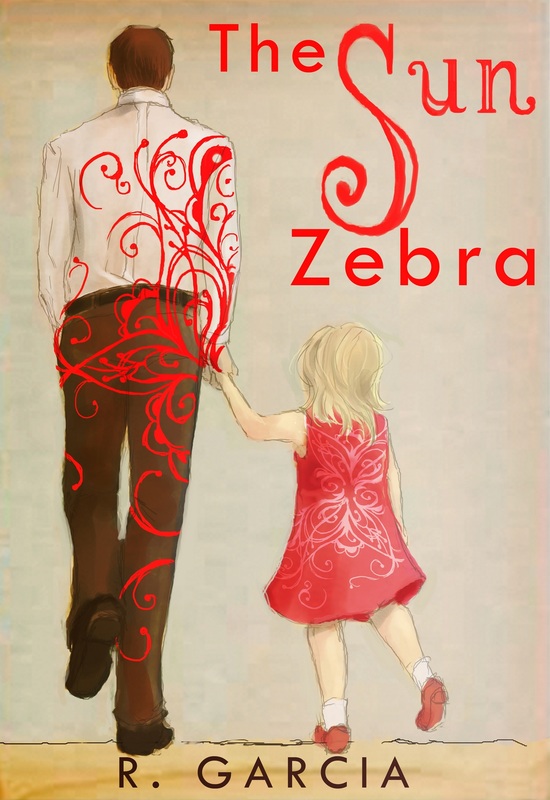|
The idea that creative endeavor and mind-altering substances are entwined is one of the great pop-intellectual myths of our time. The four twentieth-century writers whose work is most responsible for it are probably Hemingway, Fitzgerald, Sherwood Anderson, and the poet Dylan Thomas. They are the writers who largely formed our vision of an existential English-speaking wasteland where people have been cut off from one another and live in an atmosphere of emotional strangulation and despair. These concepts are very familiar to most alcoholics; the common reaction to them is amusement. Substance abusing writers are just substance abusers-common garden-variety drunks and druggies, in other words. Any claims that the drugs and alcohol are necessary to dull a finer sensibility are just the usual self-serving bullshit. I've heard alcoholic snowplow drivers make the same claim, that they drink to still the demons. It doesn't matter if you are James Jones,John Cheever, or a stewbum snoozing in Pen Station; for an addict, the right to the drink or drug of choice must be preserved at all costs. Hemingway and Fitzgerald didn't drink because they were creative, alienated, or morally weak. They drank because it's what alkies are wired up to do. Creative people probably do run a greater risk of alcoholism and addiction than those in some other jobs, but so what? We all look pretty much the same when we are puking in the gutter.
0 Comments
I have so little control over the act of writing that it's all I can do to remain conscious. Actual formal considerations are almost beyond my capacity. Before I sat down and became a writer, before I began to do it habitually and for my living, there was a decades-long stretch when I was terrified that it would suck, so I didn't write. I think that marks a lot of people, a real terror at being bad at something, and unfortunately you are always bad before you can get a little better.
One of the great writer’s myths is the one about papering the walls with rejection slips. There are stories of proposals and manuscripts that were rejected twenty-five or thirty times and went on to become published books and even, in rare case, bestsellers. But these stories are so exceptional that when they do happen they immediately become part of publishing lore.
Part of playing the publisher’s game is knowing when you have lost. If you have been flatly rejected by ten well-chosen editors then you will almost certainly be turned down by the next hundred. It would be far better to spend your time rethinking your idea, reworking your proposal, or maybe even abandoning that particular idea and moving on to something else. Writer's block is a fancy term made up by whiners so they can have an excuse to drink alcohol. Sure, a writer can get stuck for a while, but when that happens to a real author -- say, a Socrates or a Rodman -- he goes out and gets an "as told to." The alternative is to hire yourself out as an "as heard from," thus taking all the credit. The other trick I use when I have a momentary stoppage is virtually foolproof, and I'm happy to pass it along. Go to an already published novel and find a sentence that you absolutely adore. Copy it down in your manuscript. Usually, that sentence will lead you to another sentence, and pretty soon your own ideas will start to flow. If they don't, copy down the next sentence in the novel. You can safely use up to three sentences of someone else's work -- unless you're friends, then two. The odds of being found out are very slim, and even if you are there's usually no jail time.
|
I am a trader of jacks and a jack of all trades!
Do you like this blog? You can have links to blog posts delivered to your e-mail address. Please click here.
Categories
All
Archives
January 2015
|


 RSS Feed
RSS Feed
